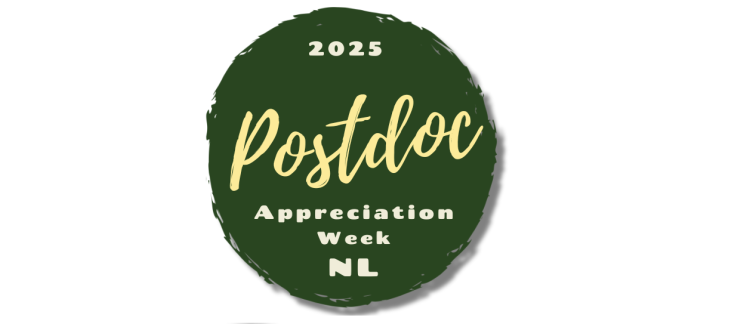Amsterdam UMC, VU Amsterdam and AMS is in 2025 participanting for the first time in the worldwide 'Postdoc appreciation week' (#PAW-NL), that will be celebrated on various campuses and university hospitals in the Netherlands and beyond from September 15 - 19, 2025.
In the Postdoc Apprecation week we are shining the light on four young AMS researchers. In the AMS definition of Postdoc (PD), we have included anyone affiliated with AMS who has defended their PhD no longer than 10 year ago; these are our 'Early Career Researchers' (ECRs). This is a group of hard working researchers who usually juggle a number of activities such as research, teaching, supervision, the clinic / lab work, often in combination with a busy private life. We contacted a few AMS PDs and asked them a few questions; you will find their answers below (in alfabetical order). Perhaps you can use it for inspiration if you want to pursue a career in academia yourself, or just take note of what inspires them and how they deal with PD life challenges.
Helga Haberfehlner PhD
Helga Haberfehlner defended her PhD titled Knee joint mechanics and semitendinosus muscle morphology in spastic paresis at Vrije Universiteit Amsterdam in 2018, under the supervision of professor dr. J.G. Becher, professor dr. R.T. Jaspers, dr. H. Maas and professor dr. A.I. Buizer.
In 2024, Helga was awarded a VENI grant for her research Multimodal learning for automated assessment and monitoring of dystonia in childhood'. Helga currently alternates between the department of rehabilitation medicine at Amsterdam UMC and KU Leuven (Belgium).
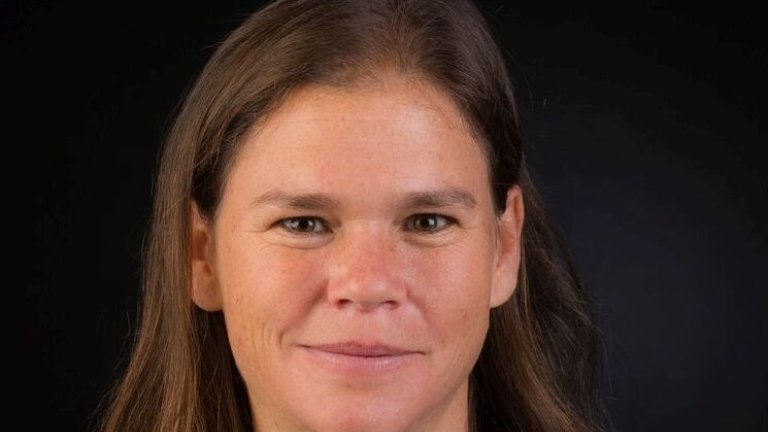
What motivated you to pursue a postdoc, and how did you choose your research group or institution?
My main motivation to pursue a postdoc was that I like doing research. I first got a postdoc position offered and from there I started to apply for funds, some successful, others not. With the funding application I had the opportunity to shape the research towards my interest, which even increases the fun of working. I have done a postdoc at two institutions, KU Leuven (abroad) and Amsterdam UMC (home institution). Both research groups I choose due to a combination of the content of research that is done within the groups and the team that is working there, offering new possibilities and support.
What have been the biggest challenges and learning moments during your postdoc so far, and how did you navigate them?
The biggest challenges during my postdoc period was finding money so that I could continue working,.. how did I navigate? Hardworking, resilience, patience and luck.
What are your top tips for building a strong professional network during your postdoc?
- Go abroad or to another research group than were you did your PhD;
- Seek for new collaborations (e.g. with companies, partners outside your field);
- Strengthen the network you have and decide with whom you want to work with in the future based on content, fun and location;
- A strong professional network does not have to be large.
Is there anything else you’d like to share with PhD candidates considering a postdoc?
During your Postdoc you receive more and more independence to perform you research, you can take more own decisions and shape your work. The postdoc period can be an unsecure period with throwbacks, take care of work & life balance and have a plan B.
Tulika Nandi PhD
Tulika Nandi defended her thesis titled Neural control of balance in increasingly difficult standing tasks at the University of Groningen in 2019, under the supervision of prof.dr. T. Hortobágyi, prof. B.E. Fisher, prof.dr. C.J.C. Lamoth and dr. G.J. Salem. Tulika currently works at the department of Human Movement Sciences, VU Amsterdam, as assistant professor.
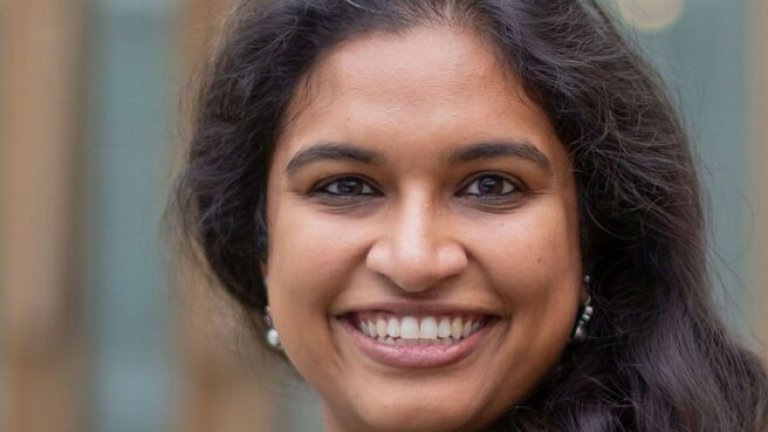
What motivated you to pursue a postdoc, and how did you choose your research group or institution?
‘After the PhD, I was uncertain about whether I wanted to stay in academia. Therefore, I applied for a relatively broad range of jobs in general but was highly selective about the postdocs I applied for. The process of looking through varied job descriptions eventually helped me to see that academia was actually a good fit. Also, because I was selective with the postdocs, I only applied for ones that were within a very specific topic. This narrowed down the choice of groups and institutions, and eventually helped me to find one that I was truly enthusiastic about.’
What have been the biggest challenges (or opportunities) and learning moments during your postdoc so far, and how did you navigate them?
'One of the biggest challenges was finding the right degree of independence while still working under the guidance of a supervisor who ultimately guides the research direction. One way to be more independent of course is to pursue personal grants instead of looking for postdoc openings. Alternatively, it is valuable to discuss the room for independence early during the hiring process and continue an open discussion over time. Another challenge was finding the right research group, not just for the scientific content, but also in terms of both the scientific and social culture. Over time, I realized that speaking to other lab members besides the PI was very valuable to help me decide whether a certain group would be a good fit for me.
One of the biggest opportunities was the possibility to learn new techniques, skills and topics that were beyond those covered in my PhD. While not all postdocs allow a lot of flexibility, I specifically looked for ones that allowed me to get involved in research that was not directly related to my PhD. In the end, this approach really broadened my perspectives, and while I still pursue work related to my PhD, I do so with new approaches.’
What advice would you give to PhD candidates who are considering a postdoc—especially in terms of career planning, networking, or work-life balance?
‘At the end of my PhD, I viewed a postdoc as a (semi-) permanent decision to stay in academia or leave. While it may still be difficult to come back to academia, I think the rigidness is decreasing and I would encourage candidates to explore other options if they are uncertain. In the end, varied experiences are often valuable and can help discover where you are most productive and satisfied. Networking was crucial for me – speaking to senior scientists at conferences, and often joining them for informal interactions, was a great way to gauge whether my personality would fit well with a potential supervisor. In terms of work-life balance, I try to set some boundaries and find what helps me be most productive. For instance, I don’t work on weekends unless there is a deadline or other compelling reason. It was also very helpful to discuss work-life balance openly, quite early in the hiring process. I found most scientists to be very open to this discussion, and is probably a good way to think about whether you would be happy working with someone.’
Maarten Steinz PhD
Maarten Steinz defended his dissertation titled Oxidative stress and muscle weakness associated with rheumatoid arthritis at Karolinska Institutet, Stockholm, Sweden in 2020, under the supervision of associate prof. dr. Johanna Lanner, prof. dr. Camilla Svensson and prof. dr. Thomas Gustafsson. Maarten currently works as a postdoc at the department of Rheumatology & Clinical Immunology at Amsterdam UMC, where he does research on skeletal muscle weakness and muscle fatigue in patients with a rheumatic muscoloskeletal diseaese (i.e. RMD-induced muscle weakness) such as rheumatoid arthritis (RA), osteo-arthritis (OA), spondylarthritis (SpA) and gout. In 2024 Maarten was awarded the €25,000 AUF Starting Grant, made possible by the Spinoza Fund of the Amsterdam University Fund (AUF).
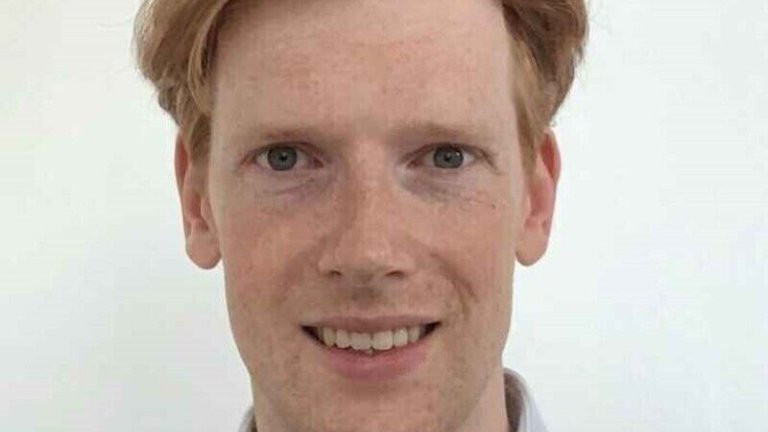
What motivated you to pursue a postdoc, and how did you choose your research group or institution?
Before starting my postdoc, I was unsure whether to move into the pharmaceutical industry or stay in academia. What motivated me most was the desire to apply my knowledge of molecular muscle pathophysiology to real-world problems, in particular, to help patients who experience muscle weakness and fatigue due to chronic inflammatory diseases.
I found the perfect opportunity in the group of Prof. Dr. Conny van der Laken at the Department of Clinical Immunology & Rheumatology, Amsterdam UMC. This project focused on using positron emission tomography (PET) imaging in rheumatoid arthritis, an entirely new field for me. It allowed me to learn cutting-edge imaging techniques while expanding my expertise in rheumatology and clinical immunology.
By combining my PhD background (muscle pathophysiology in rheumatoid arthritis) with the skills gained in my postdoc (molecular imaging and immunology), I was able to start my own research projects in collaboration with both the Movement Sciences and Rheumatology departments at Amsterdam UMC.
What have been the biggest challenges (or opportunities) and learning moments during your postdoc so far, and how did you navigate them?
One of the biggest challenges has been maintaining steady career growth while balancing all the demands of a postdoc: experiments, writing, presenting, publishing, and securing grants. Postdoc positions are often funded for only two years, which is a short time to produce strong publications and secure follow-up funding.
By the end of my first contract, I had promising results but not yet enough for a high-impact paper. This made it difficult to continue building on the expertise I had developed. In the Netherlands, many projects are more PhD-driven than postdoc-driven, and expertise can be lost when postdocs leave. I believe we should reflect on whether more postdocs (with longer-term, tenure-track-like opportunities) could strengthen research sustainability for both institutions and researchers.
To address the challenges, I diversified my research lines so I could work on multiple projects in parallel. Now, I focus not only on muscle pathophysiology in rheumatoid arthritis but also on related fields such as menopause, investigating molecular links to liver disease (MASLD), inflammation, and fibrosis.
What advice would you give to PhD candidates who are considering a postdoc—especially in terms of career planning, networking, or work-life balance?
My advice is to choose a laboratory with strong existing techniques, infrastructure, and support staff. If you have to set everything up from scratch within a short two-year postdoc, it will be very challenging to produce enough results and publications to secure future funding.
Also, stay open to collaborations, even outside your immediate field. By combining expertise and techniques from different disciplines, you can strengthen your research and open up entirely new opportunities. Building a network across fields not only enriches your science but can also make your career path more resilient.
Joep Suskens PhD
Joep Suskens defended his thesis Preventive exercises as group therapy for the hamstring muscles. It takes three to tango at UvA in 2024, under the supervision of prof.dr. G.M.M.J. Kerkhoffs, prof.dr. J.L. Tol and dr. G.R. Reurink. After an initial postdoc appointment at Utrecht University, he now works at the department of Orthopedic Surgery and Sports Medicine, Amsterdam UMC.
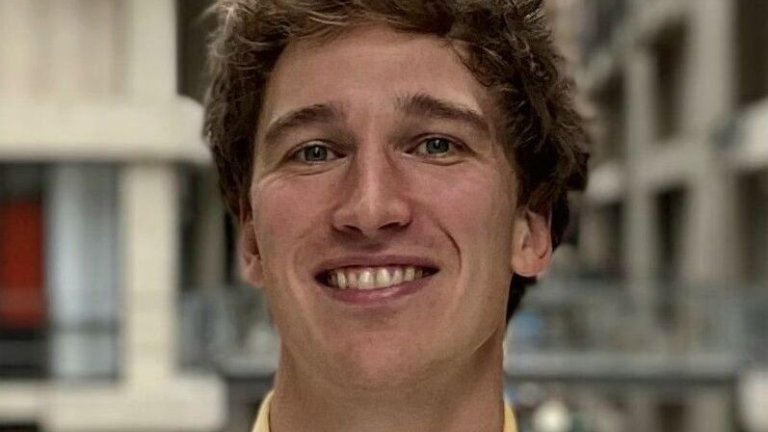
What motivated you to pursue a postdoc, and how did you choose your research group or institution?
Although doing a PhD can sometimes feel like a slow-moving hobby (often filled with bureaucracy, paperwork, and logistical tasks as managing participants), I realized that I genuinely enjoyed it. I found satisfaction in the process and the unique position of working on something that no one else in the world is doing. That sense of discovery and uncovering new knowledge were, and still is, incredibly motivating for me.
What have been the biggest challenges (or opportunities) and learning moments during your postdoc so far, and how did you navigate them?
One of the biggest challenges during my postdoc journey has been switching research topics and environments. While some PhD candidates are able to stay deeply focused on their specific topic, continuing as a postdoc, my path has been quite different. After completing my PhD Amsterdam UMC in human research, I began my first postdoc at Utrecht University, transitioning into equine research. Although both topics involved muscle physiology, it was significantly challenging to build expertise in such a different area. Especially working with horses instead of human participants or patients.
However, I quickly realized that many of the methodologies and skills I had developed in human research were highly transferable to animal research. This gave me both confidence and momentum moving to adapt quickly.
Currently, in my second postdoc, I have returned to my former department at Amsterdam UMC, where I previously worked as a PhD candidate. Now I work in both animal and human cartilage research. I have grown into a more all-round researcher, bridging disciplines across species and fields, something I now consider as a strength. It enables me to contribute to both human and veterinary medicine by connecting research domains and fostering broader collaboration.
What advice would you give to PhD candidates who are considering a postdoc—especially in terms of career planning, networking, or work-life balance?
The opportunity to continue as a postdoc after completing your PhD is not always guaranteed. Beyond motivation and bright research ideas, factors like timing, opportunity, and even a bit of luck come into play. In my case, I did not secure a postdoc position through personal grans, but by staying proactive and open to available opportunities. So, control the controllable.
My advice is to start early by reaching out to research groups, well before finishing your PhD. Do not hesitate to contact PIs directly (for example, via LinkedIn) to express your interest in their work and your desire to continue as a postdoc. Being visible, clear about your goals, and genuinely enthusiastic, can open doors that are not always advertised.

